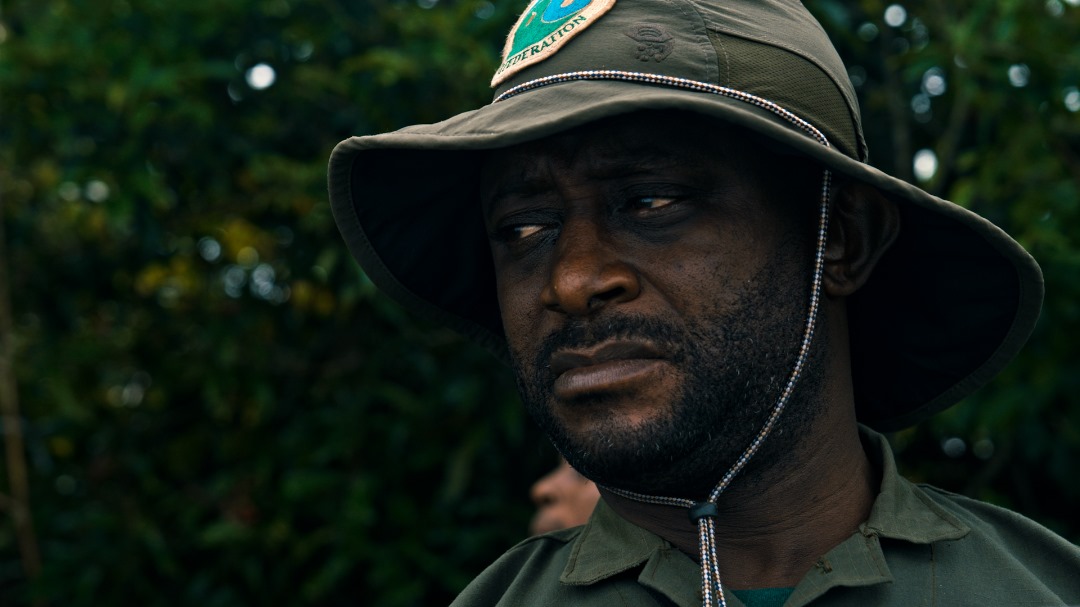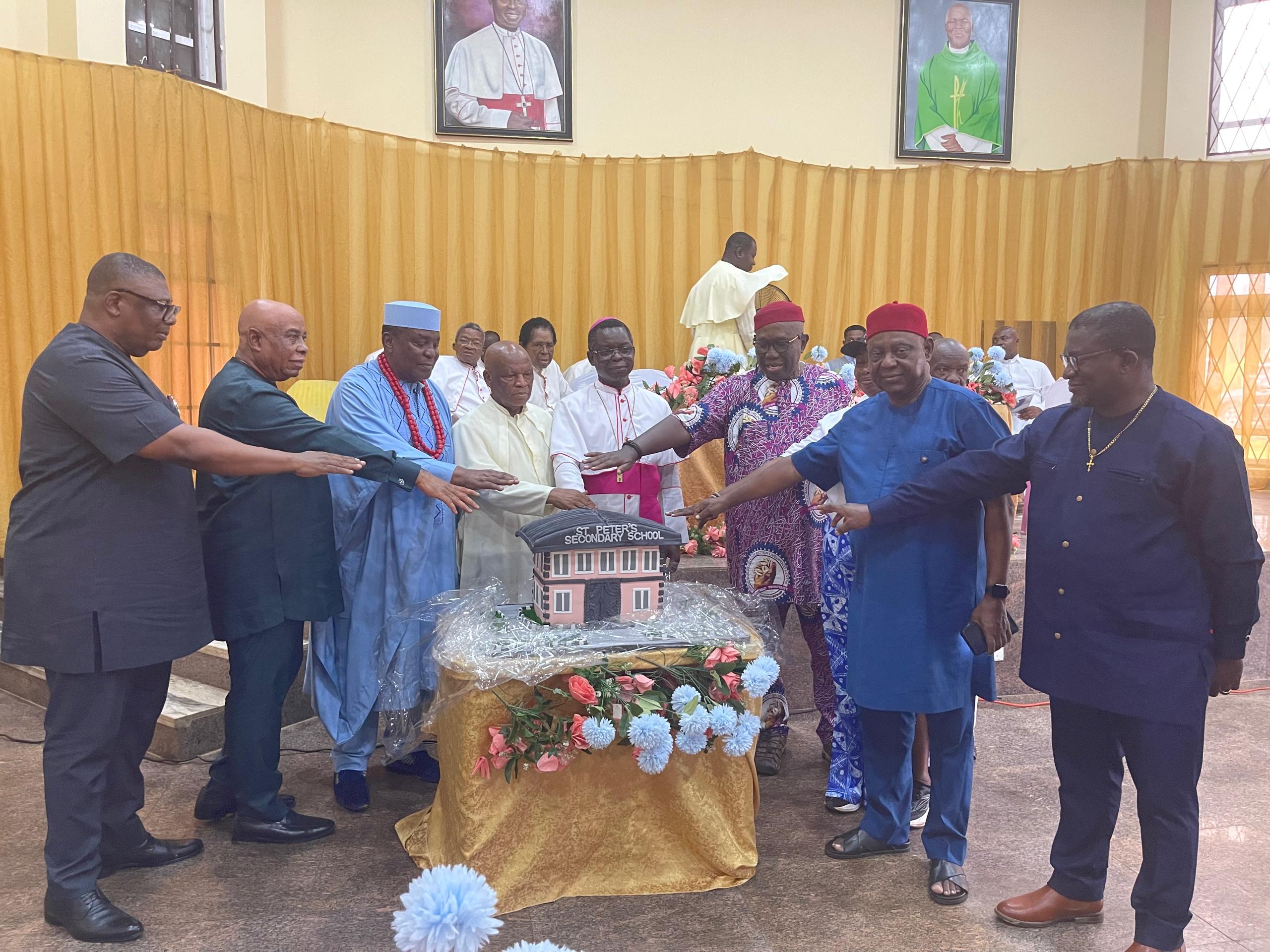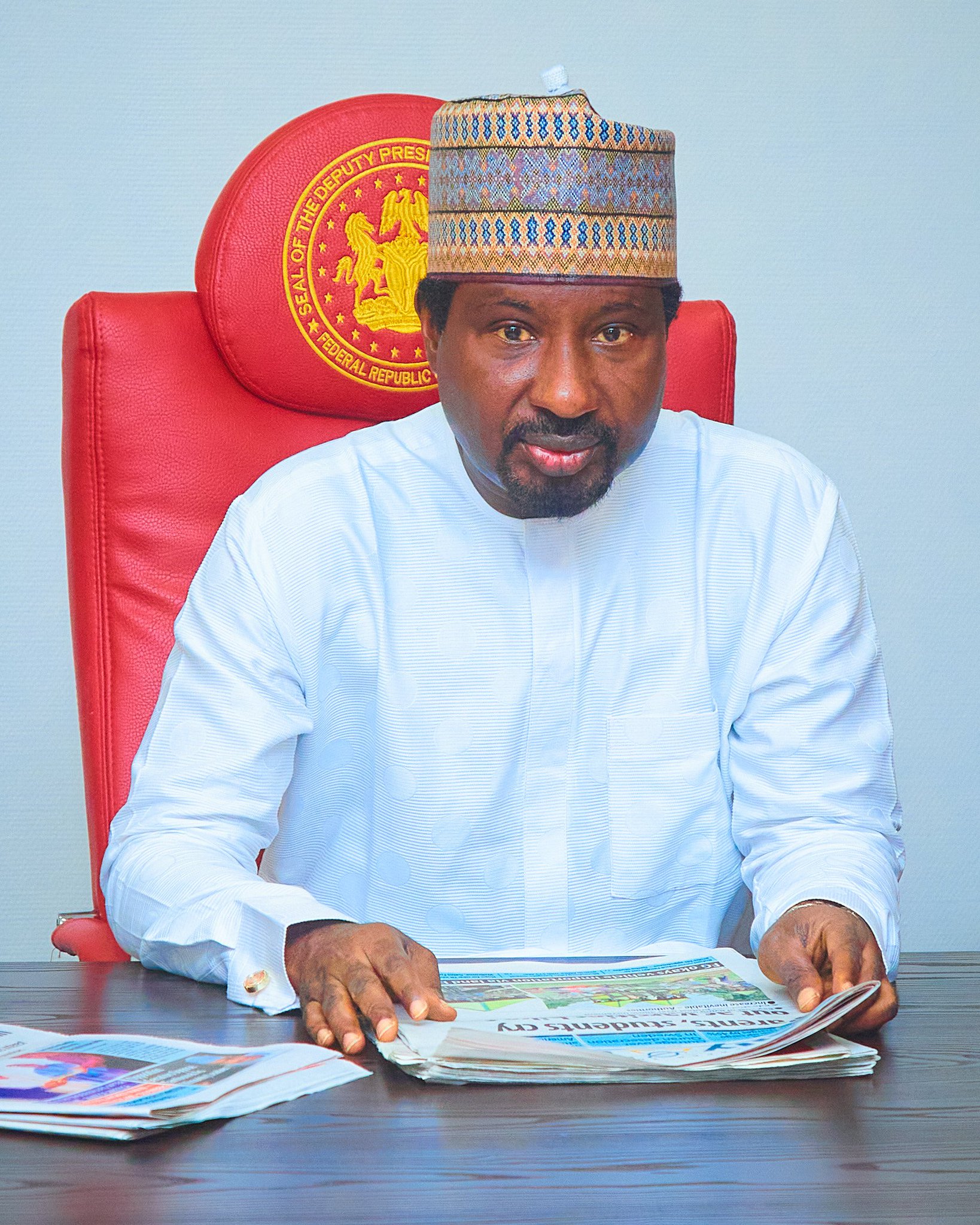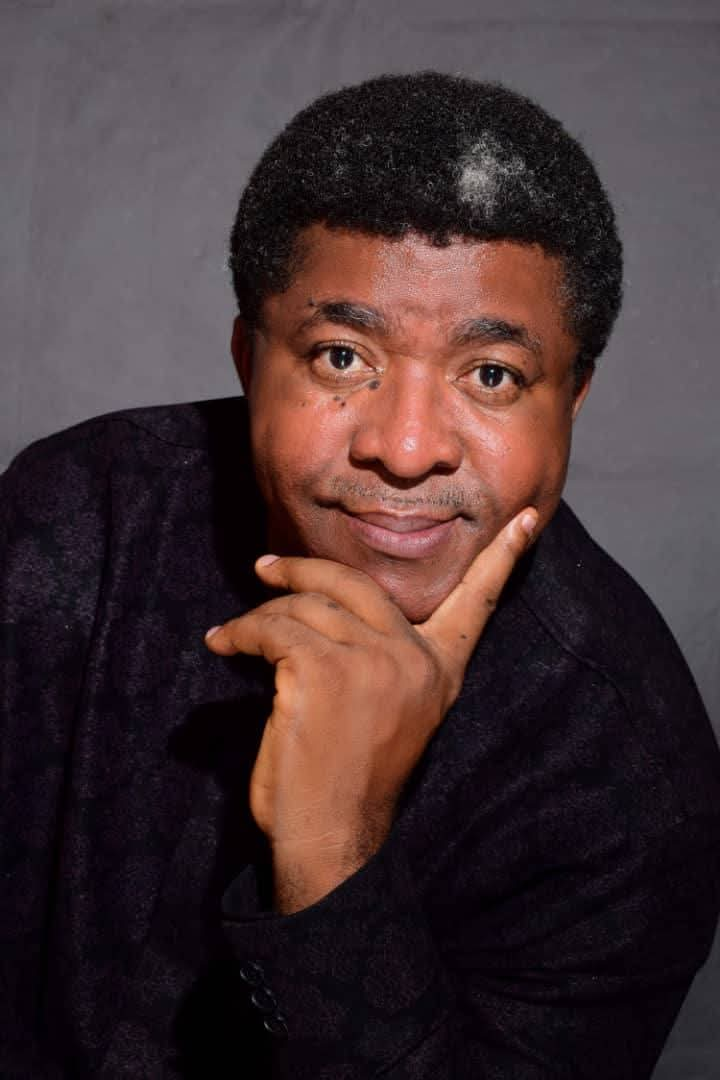Tinubu Calls for Equity, Climate Justice, and Inclusive Development for Africa

President Bola Ahmed Tinubu has called for a comprehensive reevaluation of the global governance architecture, financial systems, and healthcare structures to promote greater equity and inclusion, especially for low-income and emerging economies in Africa.
Speaking on Saturday at the 17th BRICS Summit for Global South and Emerging Economies, held in Rio de Janeiro, Brazil, President Tinubu emphasized that issues such as environmental degradation, climate change, and healthcare inequalities are slowing development and must be urgently addressed.
In a statement released by Bayo Onanuga, Special Adviser to the President on Information and Strategy, Tinubu reaffirmed Nigeria’s commitment to global cooperation through fair and inclusive development models.
Invited by Brazilian President Luiz Inácio Lula da Silva, President Tinubu declared Nigeria’s full alignment with the BRICS agenda and its focus on restructuring global finance and governance frameworks.
“Nigeria associates with all that BRICS stands for today. What must follow is a thorough reevaluation of the global structure—financial, environmental, and healthcare systems—that no longer serve the needs of all,” Tinubu stated.
Since January 2025, Nigeria has been a BRICS partner country, joining Belarus, Bolivia, Cuba, Kazakhstan, Malaysia, Thailand, Uganda, and Uzbekistan. The status was established at the 16th BRICS Summit in Kazan in October 2024.
President Tinubu noted that Africa, despite contributing the least to global carbon emissions, bears the greatest burden of climate change impacts. He called for justice rooted in fairness, equitable technology transfer, and accessible financing to support emerging economies.
“The African Carbon Market Initiative and the Great Green Wall are Africa’s strategic responses. We hope that COP-30 will amplify these solutions,” he said.
Highlighting Nigeria’s Vision 2050 and its nationally determined contributions, the President stated that his administration is taking bold steps to accelerate renewable energy, integrate climate action, strengthen urban resilience, promote nature-based solutions, and achieve universal health coverage.
He stressed that South-South cooperation is vital in shaping global conversations and decisions on climate change, financial reforms, and healthcare delivery.
“Nigeria cannot be a passive observer. We must actively shape a future that addresses the needs of our youth, who make up 70% of our population,” he said.
He also emphasized the need for a united front to tackle non-communicable diseases and strengthen the global health system.
“As we approach COP-30, BRICS must become a platform for emerging solutions rooted in solidarity, sustainability, and shared prosperity,” Tinubu added.
READ ALSO: Wild Africa urges action against bushmeat trade to prevent future pandemics
Constitution Review: MURIC Seeks Sharia Courts in South-West, Friday Public Holiday for Muslims
The President was accompanied to the summit by Ambassador Yusuf Tuggar, Minister of Foreign Affairs, and Mr. Wale Edun, Minister of Finance.
Nigeria’s formal admission as a BRICS partner country was announced by Brazil on January 17, 2025, during its rotating presidency. As the sixth most populous nation and one of Africa’s largest economies, Nigeria is poised to play a pivotal role in South-South cooperation and the global governance reform agenda.





